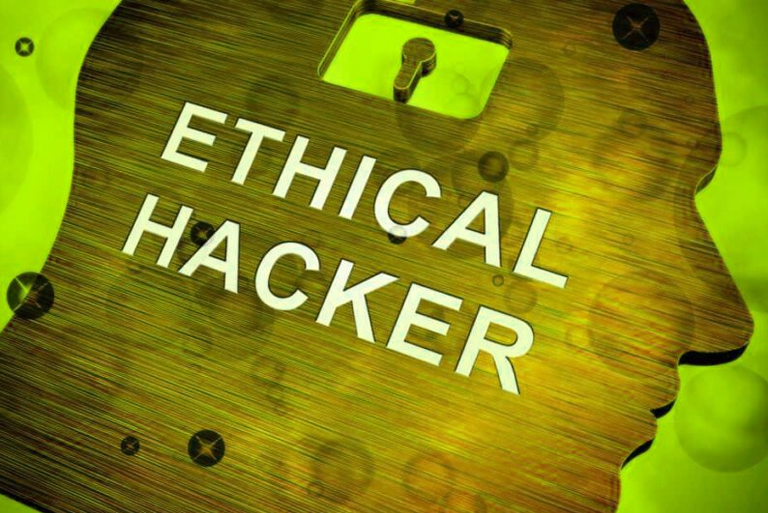In the ever-evolving landscape of cybersecurity, ethical hacking, also known as “white hat” hacking, plays a crucial role. Ethical hackers are tasked with identifying vulnerabilities in computer systems and networks, ultimately using their expertise to fortify digital defenses. As technology continues to advance, so do the methods to exploit it, making ethical hacking an indispensable profession in safeguarding our interconnected world. To excel in this field, one must become proficient in various programming languages. In this article, softdeliveryinc team will explore the top three programming languages commonly used by ethical hackers and provide resources to help you get started on your ethical hacking journey.
Understanding Programming Languages
A programming language is essentially a set of instructions that a computer can understand and execute. These languages come in various forms, each with its unique syntax and semantics. Some are tailored for specific tasks, like SQL for databases, while others are more general-purpose, such as C or Python.
Programming languages can be categorized into three primary types:
- Machine code: This is the native code comprehensible and executable by a computer, often specific to a particular processor or hardware architecture.
- Assembly code: A low-level code designed for a specific processor or hardware architecture, typically written in a mnemonic form for human readability.
- High-level languages: These are more abstract than machine or assembly code and aren’t tied to any particular hardware architecture. They offer greater portability and ease of writing and reading.
Why Do Ethical Hackers Need Programming Skills?
Programming skills are a cornerstone of ethical hacking. They empower hackers to automate tasks, create custom tools for vulnerability assessments, and gain a deeper understanding of how systems function. Without these skills, ethical hackers would be restricted to using existing tools, limiting their effectiveness.
Moreover, programming languages provide a common medium for ethical hackers to communicate and share information. By mastering a few core languages, hackers can efficiently exchange insights and ideas, keeping them at the forefront of cybersecurity.
Whether you’re aspiring to become an ethical hacker or already in the field, learning programming languages is an essential step to elevate your capabilities.
Top Programming Languages for Ethical Hacking
The choice of programming language depends on your experience level, hacking specialization, and the operating system you use. However, some languages are particularly favored by ethical hackers due to their versatility and effectiveness. Here are five of the most popular programming languages for ethical hacking:
1. C and C++ (Ethical Hacking Fundamentals): C and C++ are foundational languages in the world of ethical hacking. They are powerful, capable of creating a wide range of hacking tools, and provide a deep understanding of computer systems. C is a low-level language suitable for system-level software, while C++ extends its capabilities with object-oriented programming features. Learning these languages equips you with essential knowledge for ethical hacking.
2. Assembly (The Low-Level Expertise): Assembly is a low-level programming language used for writing code specific to a particular processor. While challenging to learn, it offers immense power and is employed for tasks like writing exploits, reverse engineering, and developing low-level system software. Dive into this complex language with resources like “The Art of Assembly Language Programming” by Randall Hyde.
3. Python (Versatility and Automation): Python is highly popular among ethical hackers for its versatility and ease of learning. It boasts an extensive library ecosystem, making it suitable for tasks like network analysis, web scraping, and database manipulation. Python is also ideal for creating automation scripts, streamlining various hacking processes. Beginners can start with “The Python Apprentice” by Austin Bingham and Robert Smallshire.
4. Bash (Command Line Magic): Bash is a Unix shell used for executing commands and running scripts. It’s a go-to choice for ethical hackers working with Unix-based systems like Linux and macOS. Bash scripting simplifies tasks such as environment setup and application deployment. Learn the fundamentals and advanced scripting techniques with resources like “Learn Bash the Hard Way” by Ian Miell and “Linux Bible, 10th Edition” by Christopher Negus.
5. SQL (Database Manipulation): Structured Query Language (SQL) may not be the first language associated with hacking, but it holds significant value. SQL is used for manipulating data stored in databases and can be leveraged for attacks against web and mobile applications, such as SQL injection. It’s also essential for database security testing and performance testing.
These programming languages serve as invaluable tools in an ethical hacker’s arsenal. Learning them equips you with the skills needed to uncover vulnerabilities, automate tasks, and secure digital systems effectively.
Aspiring ethical hackers and cybersecurity enthusiasts can embark on their learning journey with these core programming languages. Each language offers a unique set of capabilities, contributing to a holistic skillset that empowers ethical hackers to protect and fortify the digital world.

